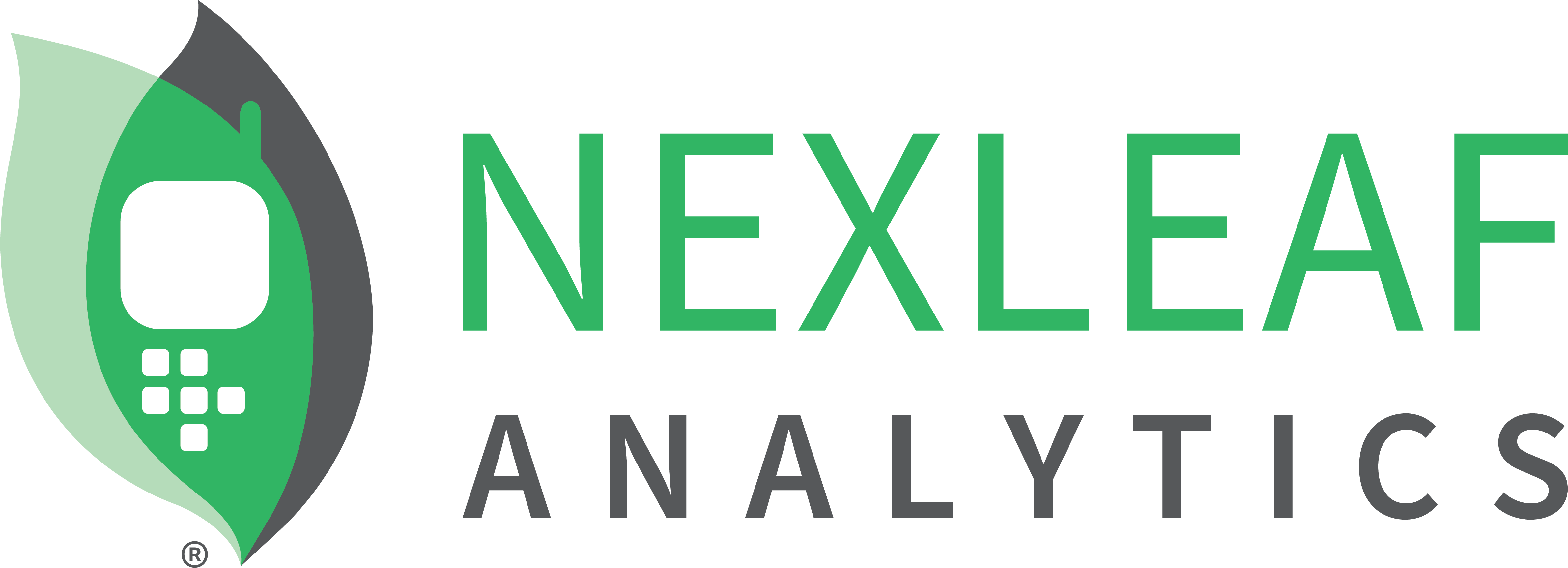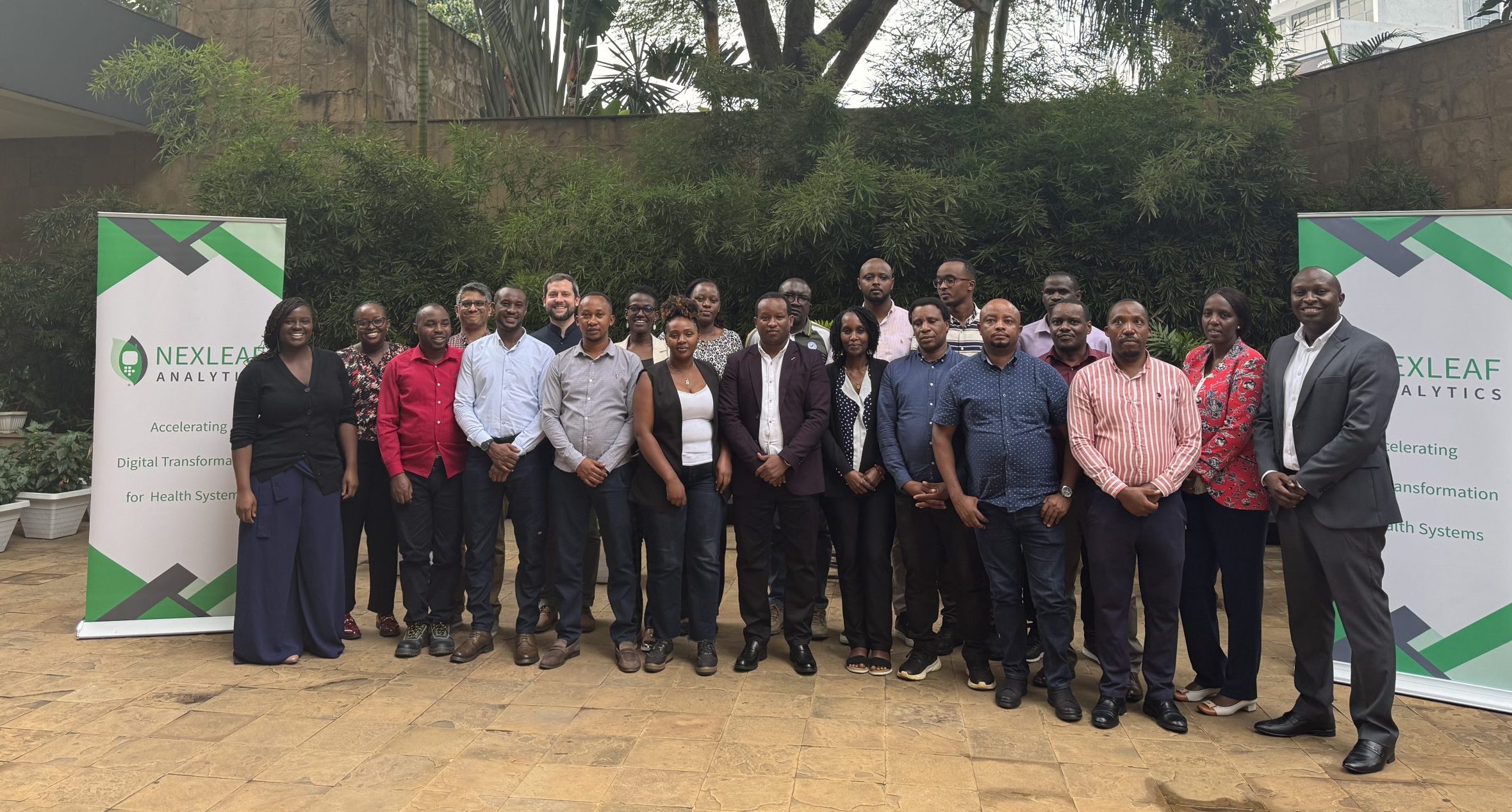Co-Designing with Health Workers in Rwanda to Strengthen Medical Equipment Management + Healthcare Delivery
By Nikhil D. Patil and Moses Kasigazi
Ensuring medical equipment stands ready to serve patients is essential for quality care, but health facilities in low- and middle-income countries struggle with systemic challenges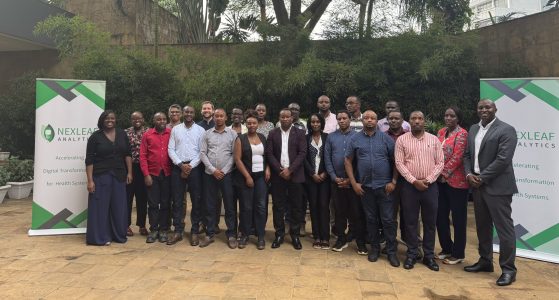 that impede effective equipment management. As a result, up to 40% of medical equipment in these settings is non-functional, jeopardizing patient outcomes.
that impede effective equipment management. As a result, up to 40% of medical equipment in these settings is non-functional, jeopardizing patient outcomes.
Rwanda is a leader in digitally-transformed equipment management and has already made major strides to address these challenges at every level of care. The Rwanda Biomedical Center (RBC), through its Medical Technology and Infrastructure Division (MTID), launched the Medical Equipment Maintenance Management System (MEMMS) in 2012. Today, Rwanda’s Ministry of Health is eager to implement next-generation features for MEMMS, including:
Nexleaf and Rwanda have begun working together to co-create sustainable solutions for medical equipment management and maintenance in Rwanda, with an initial focus on improving the operational performance of vaccine cold chain equipment. By integrating real-time data from Nexleaf’s ColdTrace with MEMMS, Rwanda seeks to implement a resilient, rapid-response equipment maintenance solution.
However, installing remote temperature monitoring (RTM) devices is only part of the solution, as many Ministries of Health lack the mechanisms and practices to act on real-time data. Co-developed by Nexleaf and Gavi, the Vaccine Alliance — with additional financial support from the Patrick J. McGovern Foundation — the Rapid Response and Repair (R3) program aims to bridge these gaps through the creation of R3 playbooks. The playbooks are a structured approach to capturing and institutionalizing best practices around repairing and maintaining medical equipment based on real-time data, with Ministry-driven collaboration at its core.
A Human-Centered Design Approach for Rapid Response and Repair
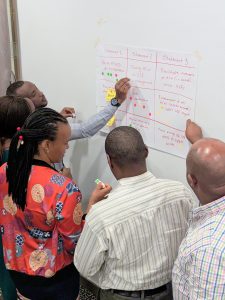 In February 2025, Nexleaf Analytics hosted a human-centered design workshop in Kigali to officially launch R3 for Rwanda. Bringing together stakeholders from the Rwanda Ministry of Health (MoH), Rwanda Biomedical Center (RBC), and other immunization sector partners, the workshop centered around a big question:
In February 2025, Nexleaf Analytics hosted a human-centered design workshop in Kigali to officially launch R3 for Rwanda. Bringing together stakeholders from the Rwanda Ministry of Health (MoH), Rwanda Biomedical Center (RBC), and other immunization sector partners, the workshop centered around a big question:
How might we design a centralized, effective, and sustainable medical equipment management system that ensures consistent availability, functionality, and local maintenance while addressing the unique resource and infrastructure challenges in Rwanda?
The workshop engaged personnel representing a variety of roles in Rwanda’s health system, including biomedical engineers, cold chain specialists, data scientists, stock management officers, and epidemiologists. Over the course of three days, participants engaged in a variety of workshop sessions including facilitated discussions, structured brainstorming, and hands-on prototype development. At the workshop’s conclusion, participants left with three prototype solutions to address the challenges surfaced in the sessions. The prototype solutions will be tested in the field in coming months with the assistance of local sub-contractors, and the resulting best practices will be documented in the playbook. Workshop participants made great strides toward designing processes to ensure health workers can more effectively integrate data into their daily decision-making. With the formalization of a partnership between Nexleaf Analytics and the Government of Rwanda, we will leverage real-time sensor data to inform health workers when lifesaving equipment fails, and co-develop R3 playbooks and technologies to implement the management practices, coordination and accountability across the country to ensure lifesaving equipment works. This work reinforces the high level of system-wide capacity Rwanda has already achieved by developing Biomedical Engineers as essential members of the health workforce.
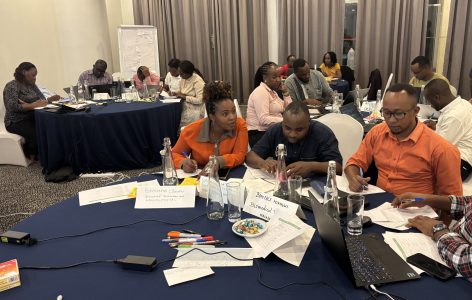
Our continued partnership will not only support Rwanda’s Ministry of Health in transforming the management of lifesaving medical equipment and infrastructure, but also generate a real-time map of the health system infrastructure that could inform climate innovations, such as early-warning heat systems and where to target investments in renewable energy. The partners are committed to creating a robust data foundation that accelerates government innovation in these areas, with the long-term goal of making these tools and methodologies available to other health systems in pursuit of a holistic digital transformation.
Many thanks to all the Nexleaf team members who also supported workshop coordination and facilitation: Jill Moraa, Ednah Kiome, Susan Njenga, and Kevin Arts.
